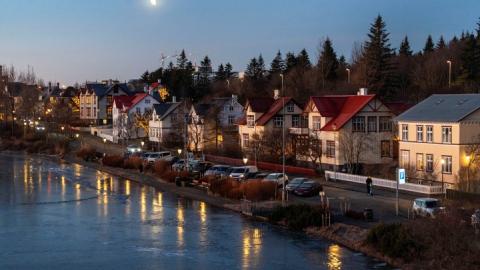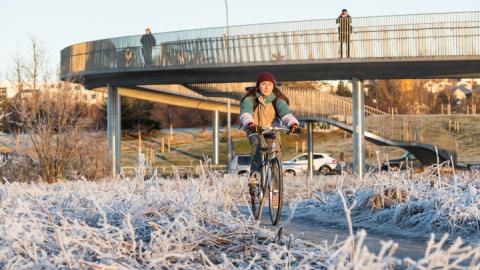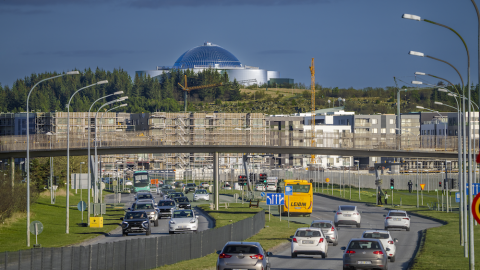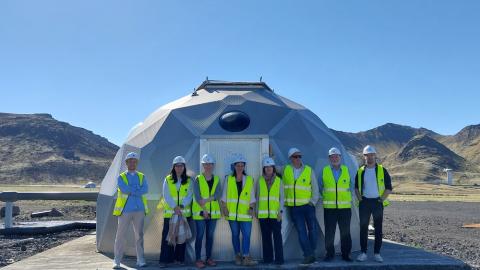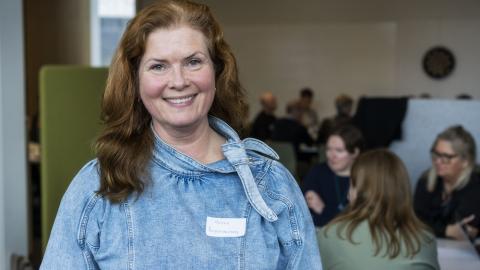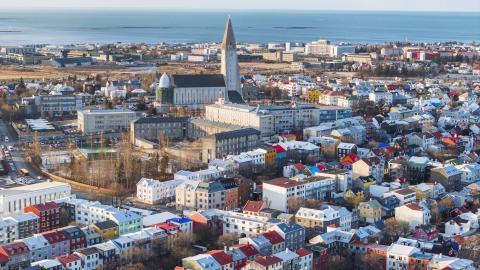Pilot Cities

Pilot City is a research and innovation project. The project examines the habits of and barriers faced by city residents and businesses regarding transportation and waste sorting. The aim is to reduce greenhouse gas emissions faster in line with Reykjavík City's goal of carbon neutrality by 2030.
Residents' habits and barriers related to transportation and waste management
Results from a survey conducted as part of the Pilot City project are available below:
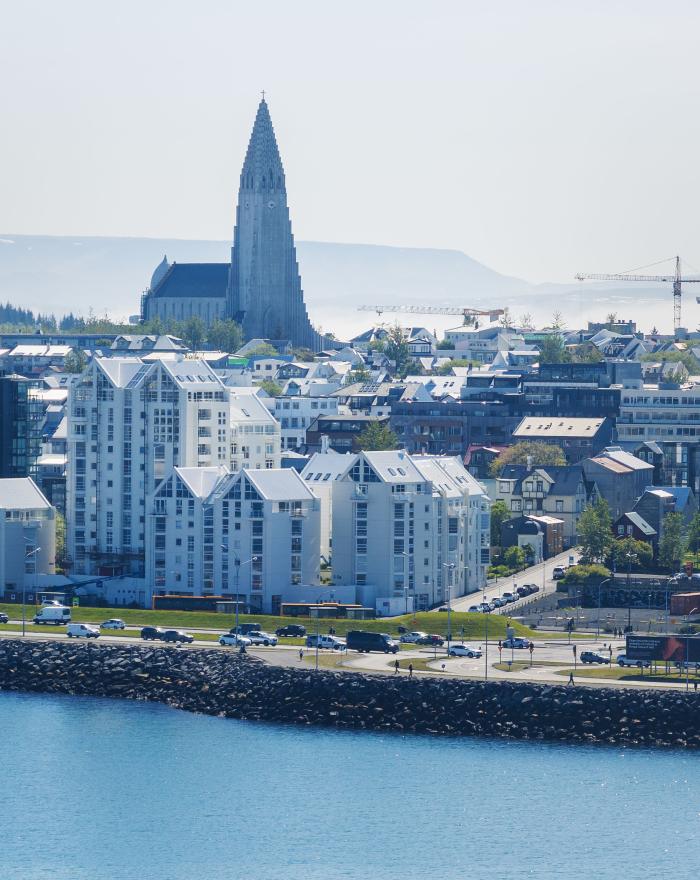
Threading through the narrows
Road transportation is the largest category of greenhouse gas emissions in the city. It accounted for 44% of total emissions in 2023. The third largest emission category is waste, about 10% of total emissions.
The project aims to test and implement methods, solutions and services that encourage green transportation and increased waste sorting to reduce greenhouse gas emissions.

The project
- The Pilot City project is a joint initiative between Reykjavík City and the University of Iceland.
- I examines the transportation habits and waste management practices of residents and businesses in Reykjavík.
- The project is fully funded by a grant awarded to Reykjavík City for participation in a 112-city European collaboration.
- The project started in September 2024 and continues until 2026.
Connection to the Climate City Contract
Reykjavík was chosen among 112 climate cities to participate in a European collaboration to become carbon neutral by 2030.
Preparation for the climate city agreement began in fall 2022, and the agreement was formally signed on October 7, 2024. The agreement included an action plan specifying measures to make Reykjavík City carbon neutral by 2030, accelerating carbon neutrality previously set for 2040. The contract enables the city to apply for grants that support climate-neutrality goals.
Project group
Reykjavík City:
- Ásdís Karen Waltersdóttir
University of Iceland:
Department of Environmental and Civil Engineering:
- Johanna Raudsepp
- Jukka Taneli Heinonen
Institute of Philosophy, University of Iceland:
Sustainability Institute, University of Iceland:
- Hafdís Hanna Ægisdóttir, Director of the Institute of Sustainability, University of Iceland
- Ásdís Björk Gunnarsdóttir, Project Manager at the Institute of Sustainability, University of Iceland
- Sólrún Sigurðardóttir, project manager at the University of Iceland Sustainability Institute
University of Iceland research center:
Contact person for Net Zero City:
- Kiera Webster
Publications
Contact person
The project is managed by the Department of Environment and Planning of Reykjavík City at the Office of Climate Issues, under the Director.
Contact at Reykjavík City:
Ásdís Karen Waltersdóttir
email: loftslagsborgin [at] reykjavik.is
